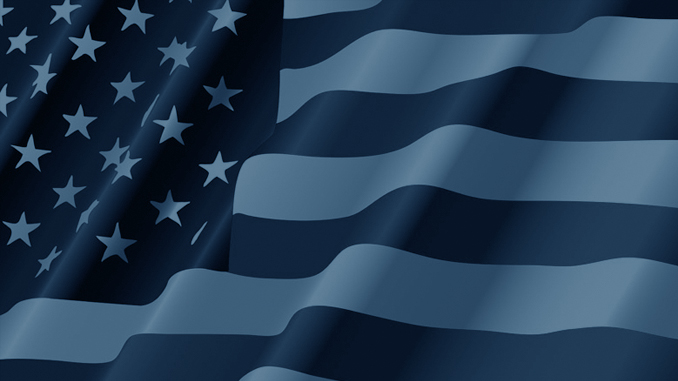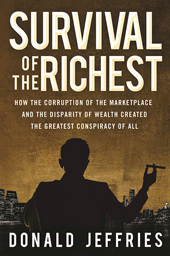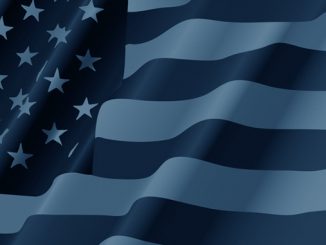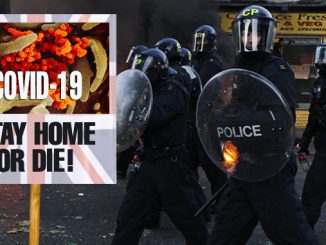
By S.T. Patrick
Business has not died during the Covid-19 outbreak. If you are one of the upper 1% of earners in America, you have done quite well. If you are in the remaining 99%, the pandemic has probably affected your livelihood more than your health.
The year 2020 has been in a perpetual state of flux since March. It is the kind of change businesses have not experienced since 1942, the first full year America was involved in World War II, a year when American businesses were asked by President Franklin D. Roosevelt to transition, in any way, possible, to aid the two-front world war. After 9/11 there was genuine concern that consumers would stay home rather than spend wildly. President George W. Bush and others urged people to go out, to spend as they would normally. To paraphrase the president’s original message, this is the way we would “win” after 9/11. Americans did just that, and business survived. In 2020 most state governments demanded their citizens do the opposite after stay-at-home orders were issued. Billion-dollar empires were allowed to stay open as small businesses were shuttered. State governments decided which businesses were “essential” and which were not.
From mid-March through mid-August, the 643 Forbes magazine-certified billionaires experienced a boon period which expanded their wealth by a combined $685 billion. For Americans wondering where those billionaires stand in relation to the rest of the population, the working and poor in America, those billionaires comprise 0.00019% of the total American populace. Their combined wealth stands tall amidst the pandemic at a whopping $3.6 trillion. While more than 99% of Americans continue to be concerned about congressional wrangling over stimulus checks, the instability of unemployment, the loss of small business investments and manpower, and the devaluing of Social Security, America’s class of elite billionaires have been enriched and have won, in the words of author Donald Jeffries, the author of Survival of the Richest.*
Amazon’s Jeff Bezos has grown his wealth by $48 billion, Elon Musk increased his wealth by $17.2 billion, Microsoft’s Steve Ballmer added $15.7 billion to his assets, and casino magnate Sheldon Adelson’s wealth grew by $5 billion, despite Las Vegas having closed during much of the pandemic. It is unclear what a stricter tax structure would do to relieve the burdens of the other 99%. Estimates currently have the world’s wealthiest people sheltering up to $32 trillion in offshore accounts. The S&P 500 is currently down 1% for 2020, yet Amazon is up 57%, Apple and Microsoft have increased more than 25%, and Facebook and Google are both up over 10%.
There has been some good, albeit scarce, news for small-business owners. Being a grocery store owner in a small town has been advantageous, as businesses with pre-packaged food were deemed “essential” from the outset. In many towns, these owners do have to compete with Walmart, but in the states hardest hit, the rush to horde supplies in April created record days and weeks for those stores.
Restaurants and bars have obviously done poorly since the spring outbreak, having been deemed places where the coronavirus could spread easily among patrons. Stores and businesses that offer niche market items and services have also not done well. Estimates are that 21% of small businesses have closed, and revenues have declined up to 30% for those that have struggled to remain open.
Not all small businesses have felt the weight of the pandemic. According to the U.S. Chamber of Commerce, certain sectors of the small-business world have thrived: cleaning services, delivery services, drive-in movie theaters, grocery stores, liquor and wine stores, meal prep delivery, canned and jarred goods companies, and game makers and sellers have all done reasonably well. In many cases, that can be defined as meaning they were able to stay open and operate with some regularity or saw demand for their products and services actually increase due to the nature of their business.

In an effort to push entrepreneurs into relatively hot markets for the remainder of 2020 and beyond, CNBC analyzed the interest of search-engine page views to determine where Americans would be willing to spend their money if the pandemic and other domestic issues are prolonged. Small-business fields CNBC recommended as growing are home improvement, pet products, home beauty products, gaming, and fitness and health.
If an inventor, entrepreneur or content creator is considering striking out on his or her own in 2020, it doesn’t have to mean disaster. People are consuming home goods and are reading more books and magazines, watching more television, downloading more phone applications, playing more games, and using more cookware. It’s possible that the next Amazon is being created from someone’s home right now. If you have involuntarily found yourself with more spare time than you ever wished to have, now is the time to research that business dream you have always had. If it is something Americans could enjoy at home or in a park, it could work.
The rich will continue to get richer. Like gold, they are more valuable the more the economy declines. Americans have to demand better fiscal policies that benefit those who are out of work in pandemics, but they also have to start thinking creatively about what they can do to create value in their own lives.
*Survival of the Richest: How the Disparity of Wealth Created the Greatest Conspiracy of All (hardback, 280 pages, $25 plus $4 S&H inside the U.S.) is available from AFP, 117 La Grange Avenue, La Plata, MD 20646. Call 1-888-600-NEWS toll free to charge, Mon.-Thu. 9-5 ET.






